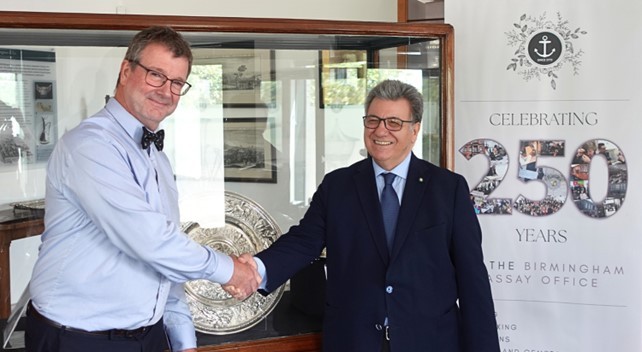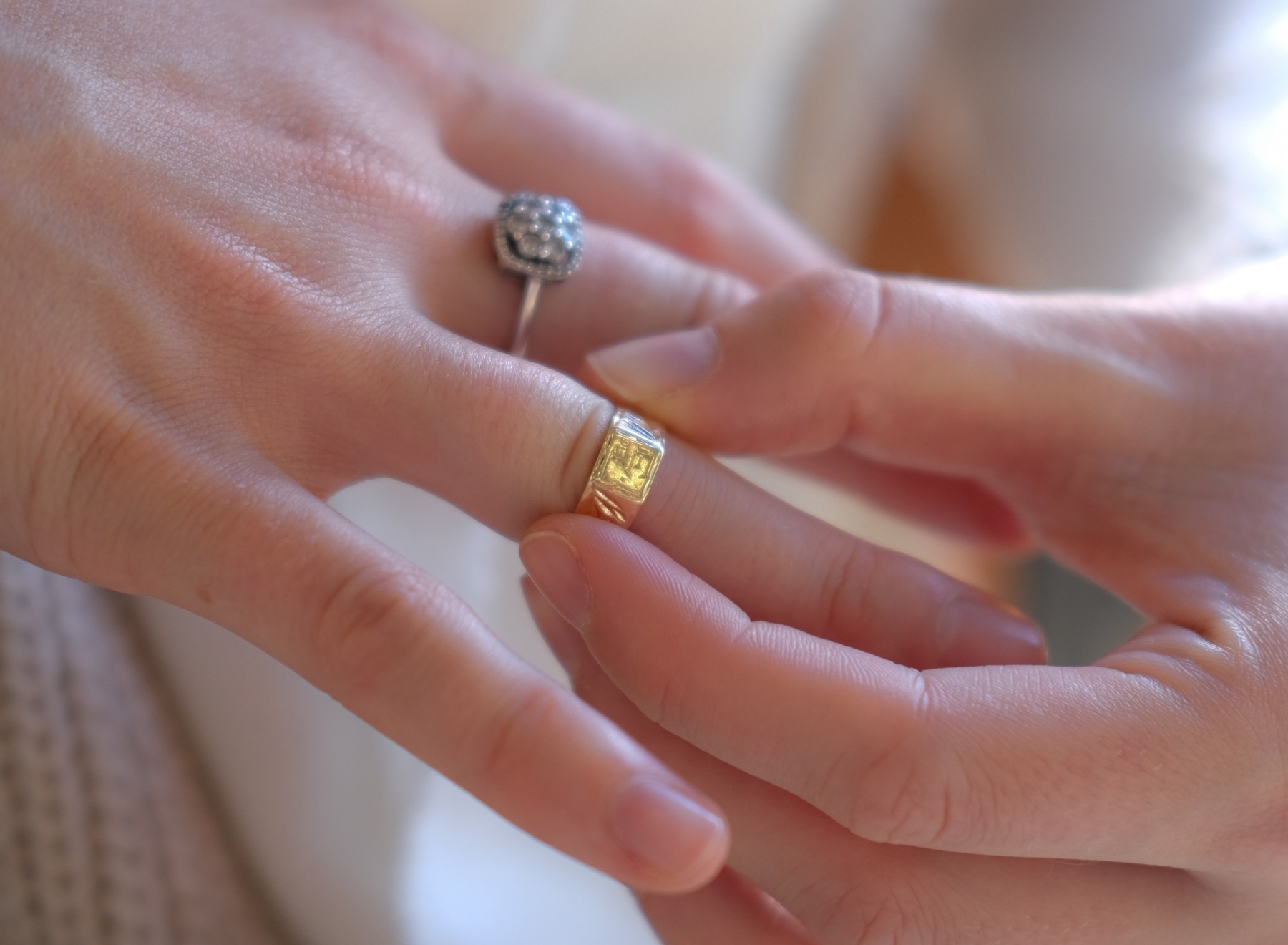 Following lengthy consideration by a European CEN Steering Group, BS EN 1811, the legal standard for testing articles for nickel compliance, has been revised.
The new version, incorporated into REACH, is effective in the UK from March 2013. BS EN 1811:2011 is applicable to articles intended to come into prolonged and direct contact with the skin and all post assemblies inserted into body piercings, but does not apply to spectacle frames and sunglasses. Various changes to the method will make results more consistent and repeatable. For example, the test solution will be more stable and the procedure for measuring the surface area has been more clearly defined. The clarification and reduction of variability is welcome but the new method also has significant implications for the jewellery and watch supply chain.Â
From an analytical aspect the new method is more costly for testing houses. The 18 carat white gold nickel alloy reference sample, used for every test, can now only be used once and the accurate analysis of solutions containing a very low concentration of nickel will need testing by ICP (Inductively Couple Plasma â Optical Emission Spectrophotometry) requiring major capital investment and expert staff.
The standard also requires a minimum of three test samples to be tested wherever possible, adding to both testing costs and stock write off.Â
However, the biggest and most significant change is to the calculation formula. Due to the in consistency of the existing method the release result is multiplied by 0.1, effectively reducing it to one tenth of its value. In the 2011 standard the adjustment factor of 0.1 has been replaced with an âuncertainty of measurementâ which will normally be taken as 46%. In effect this moves the compliance level for an article from 5.00 micrograms per centimetres squared per week to less than or equal to 0.28.
There is also a âNo decisionâ category where the item is deemed to have neither passed nor failed.Â
Following lengthy consideration by a European CEN Steering Group, BS EN 1811, the legal standard for testing articles for nickel compliance, has been revised.
The new version, incorporated into REACH, is effective in the UK from March 2013. BS EN 1811:2011 is applicable to articles intended to come into prolonged and direct contact with the skin and all post assemblies inserted into body piercings, but does not apply to spectacle frames and sunglasses. Various changes to the method will make results more consistent and repeatable. For example, the test solution will be more stable and the procedure for measuring the surface area has been more clearly defined. The clarification and reduction of variability is welcome but the new method also has significant implications for the jewellery and watch supply chain.Â
From an analytical aspect the new method is more costly for testing houses. The 18 carat white gold nickel alloy reference sample, used for every test, can now only be used once and the accurate analysis of solutions containing a very low concentration of nickel will need testing by ICP (Inductively Couple Plasma â Optical Emission Spectrophotometry) requiring major capital investment and expert staff.
The standard also requires a minimum of three test samples to be tested wherever possible, adding to both testing costs and stock write off.Â
However, the biggest and most significant change is to the calculation formula. Due to the in consistency of the existing method the release result is multiplied by 0.1, effectively reducing it to one tenth of its value. In the 2011 standard the adjustment factor of 0.1 has been replaced with an âuncertainty of measurementâ which will normally be taken as 46%. In effect this moves the compliance level for an article from 5.00 micrograms per centimetres squared per week to less than or equal to 0.28.
There is also a âNo decisionâ category where the item is deemed to have neither passed nor failed.Â
 The Birmingham Assay Office has fought these unhelpful changes hard via the BSI, our voice in CEN, but the UK has been outvoted. The inevitable consequence is that some alloys which are currently nickel compliant will no longer be so. The Laboratory are undertaking extensive research, comparing data from both tests in order to understand the implications more fully.
If you would like to discuss this further with Laboratory staff please call 0871 871 6020 or emailtesting@theassayoffice.co.uk
[caption id="attachment_2090" align="alignleft" width="249" caption="KEEP YOUR CUSTOMERS SAFE - UKAS ACCREDITED NICKEL TESTING AT THE LABORATORY AT THE BIRMINGHAM ASSAY OFFICE"]
The Birmingham Assay Office has fought these unhelpful changes hard via the BSI, our voice in CEN, but the UK has been outvoted. The inevitable consequence is that some alloys which are currently nickel compliant will no longer be so. The Laboratory are undertaking extensive research, comparing data from both tests in order to understand the implications more fully.
If you would like to discuss this further with Laboratory staff please call 0871 871 6020 or emailtesting@theassayoffice.co.uk
[caption id="attachment_2090" align="alignleft" width="249" caption="KEEP YOUR CUSTOMERS SAFE - UKAS ACCREDITED NICKEL TESTING AT THE LABORATORY AT THE BIRMINGHAM ASSAY OFFICE"] [/caption]
Â
[/caption]
Â
Your item has been added to the basket
You need to create an account, or login before you can add this item to your basket.







